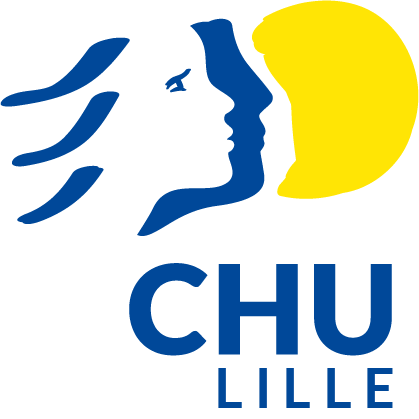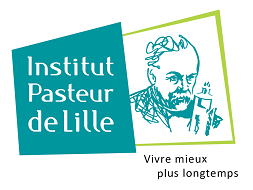ERC Immunobile

Advanced Grant European Research Council:
The Immunobile Project: Bile acid, immunometabolism, lipid and glucose homeostasis
Unit 1011 gets European support
Each year, the European Research Council (ERC) rewards researchers with innovative ideas. ERC grants enable outstanding researchers of all nationalities and ages to carry out original projects that break new ground in their discipline or in other fields. This type of European funding is difficult to obtain because the call for projects is extremely competitive, with scientific excellence as the main evaluation criterion.
There are several categories of ERC grants:
- ERC Advanced Grants reward the excellence of a researcher with an established reputation for original research.
- ERC Consolidator Grants fund projects by promising researchers (7 to 12 years after completion of their thesis)
- ERC Starting Grants support talented young researchers at or near the cutting edge (2-7 years after completion of their PhD), who wish to build up their own team by recruiting post-docs and PhD students to conduct their research.
- Bart Staels has been awarded an ERC Advanced Grant of €2.5 million over 5 years for his project IMMUNOBILE, which investigates the links between bile acids, immune cells and metabolic diseases.
UMR 1011 is part of the European Genomic Institute for Diabetes (EGID) which studies diabetes and its complications. In this context, Bart Staels is particularly interested in the links between bile acids, produced in the liver by the oxidation of cholesterol, metabolic diseases such as diabetes and immune diseases. This original approach combining several themes enabled the researcher to win the ERC grant.
In 2010, Bart Staels welcomed David Dombrowicz, a specialist in immunity, to his laboratory. From then on, the two men worked on the interaction between metabolism and the immune system. According to Bart Staels, links between metabolic and immune diseases have been established and the ERC will enable them to understand the mechanisms of action and identify the signalling pathways. By studying these hitherto unknown mechanisms, the researcher hopes to make important discoveries that will, in the long term, enable him to treat diabetes and obesity.


